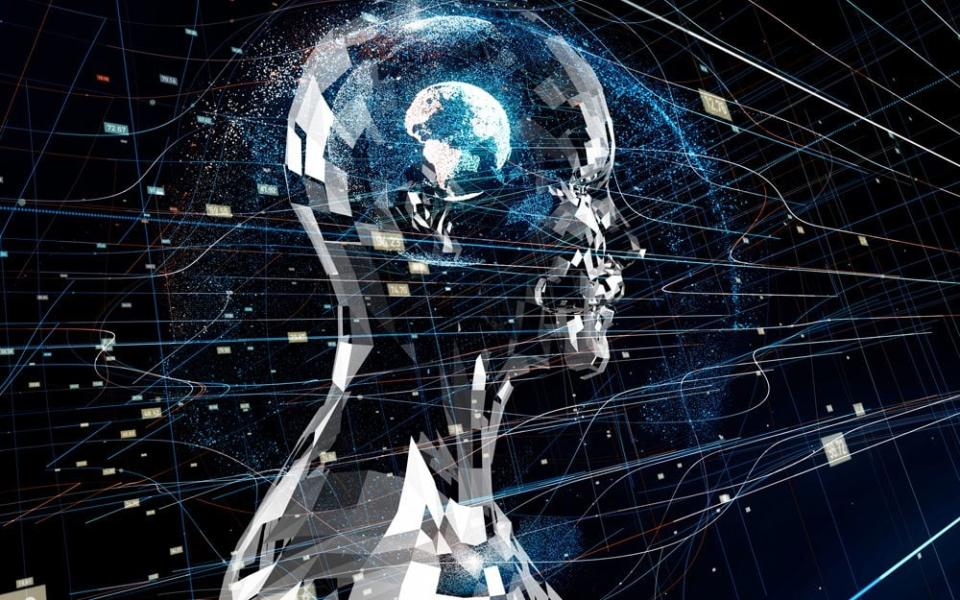SAP ropes in theologian to help craft its first ethics code on AI

A leading theologian has been drafted in by SAP, Europe's biggest software maker, to help craft its first “ethics code” for research into Artificial Intelligence (AI).
The code is aimed at preventing the technology from being abused, either by violating people's rights or inheriting ingrained prejudice from its creators.
SAP, based in Walldorf, Germany makes AI software for around 400,000 firms globally to manage data on everything from payrolls to inventory.
Dr Peter Dabrock, chair of Systematic Theology at the University of Erlangen-Nuernberg, is among those to have volunteered to serve on SAP’s ethics board.
“I do see risks and dangers [of AI] but I can also imagine advantages," he told the Telegraph. "It is up to us as a society to shape applications of the technology.”
The new code of ethics reflects growing concern about the potential for AI and machine learning technology to be misused. Microsoft's chief executive Satya Nadella recently announced a similar code and expressed its determination to only build ethical AI.
Dr Dabrock is currently helping the firm come up with a series of AI guidelines ranging from respect for United Nations human rights principles to data protection.
“As a theologian, you could say I am someone who has a special sensitivity to questions of exclusivity," he said. "I’m interested in looking for an application of AI that is driven by inclusiveness and I want to explore how AI can address inequality in our society.”
One potential risk the team will be looking at is “causing discrimination or of unjustly impacting underrepresented groups" if AI inherits biases from human designers.
SAP hopes to overcome this issue by putting in place more diverse “technical methods” and development teams.
"The idea is that the board has people with very different perspectives on the topic of AI, so not only people from business, but also people from society in general,” said Dr Dabrock. “I guess I’m a layperson in the field and I represent the general public.”

SAP says it is attempting to "steer the development and deployment of our AI software to help the world run better and improve people's lives".
However, the firm wants to address issues such as transparency, safety and privacy in the wake of increasingly alarming warnings about out-of-control AI.
Warnings over the dangers of AI are becoming more frequent.
Tesla founder Elon Musk has famously compared it to “summoning the devil” while late physicist Stephen Hawking said it could end mankind.
Earlier this month, Jim Al-Khalili, professor of physics and public engagement at the University of Surrey, said AI is of greater concern than antibiotic resistance, climate change or terrorism for the future of Britain.
He said the unprecedented technological progress in AI was ‘happening too fast’ without proper scrutiny or regulation.

 Yahoo Finance
Yahoo Finance 